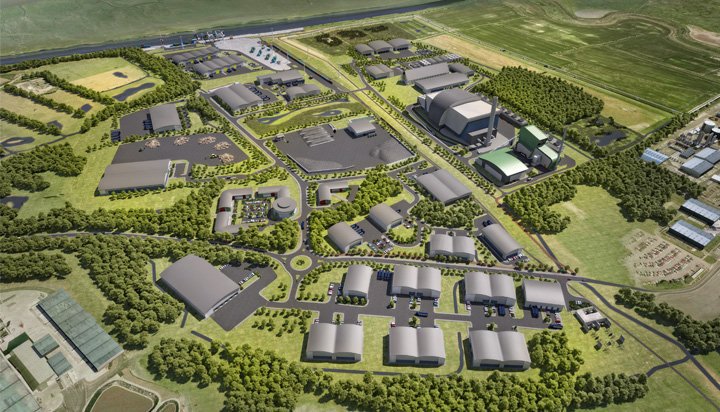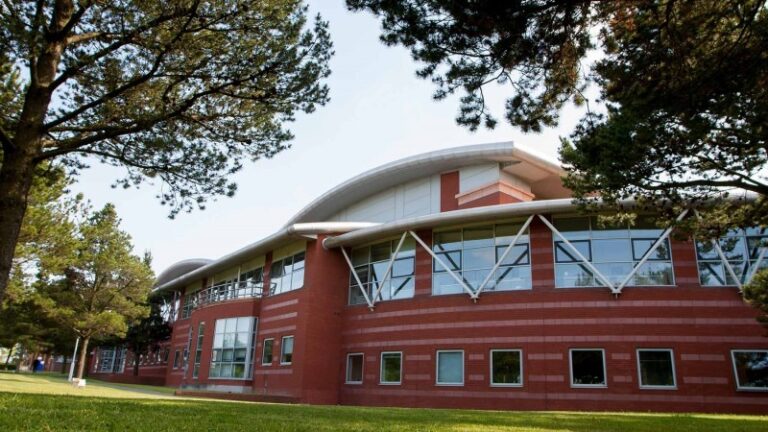PowerHouse Energy Group plc (LON:PHE), the UK technology company pioneering clean energy production from waste plastic and end-of-life tyres, together with the University of Chester, announced today a milestone development as its demonstration energy generation plant powers the Energy Centre at University of Chester’s Thornton Science Park microgrid for the first time.
This is the first practical application of this leading-edge technology of taking waste plastic and converting it to clean electrical energy through PHE’s proprietary G3-UHt Distributed Modular Gasification (DMG©) process. Using its demonstration energy generation plant, the Thornton Science Park’s microgrid was connected and supplied with electricity this week.
The DMG© process gasifies the non-recyclable mixed and contaminated plastic waste at ultra-high temperatures into syngas (a fuel gas mixture consisting primarily of hydrogen), from which electricity can be generated and clean hydrogen, which can be used to power vehicles for example, can be extracted.
Connection to the microgrid is a meaningful step in the business development strategy for the DMG© technology leading towards the production of mainstream commercial waste to hydrogen generation units.
“We are hugely grateful to our colleagues at the University who have supported the development of this technology for a year and have allowed us to demonstrate the power of our DMG© facility at Thornton Science Park”, commented Bruce Nicholson, Commercial Operations Manager of PowerHouse.
He added: “Our unique approach to creating clean hydrogen energy turns waste plastic of any type into a friend rather than an enemy and does so in a highly efficient, commercially viable and environmentally friendly way.”
Keith Allaun, CEO of PowerHouse Energy Group Plc, said: “This is a promising step along the path to the commercial roll out of our waste to hydrogen solutions, which are also ideally suited to help reduce the vast quantities of waste plastic that is causing an environmental disaster across the world’s oceans.
“We’re delighted about working together to achieve this milestone. It is momentous for the University of Chester to be the first to receive electricity from the PowerHouse equipment and to share this success of working collaboratively on such a ground breaking technology to help tackle the waste issues facing our society,” added Paul Vernon, Chief Executive of Thornton Science Park.
Professor John Brammer, Professor of Chemical Engineering at the University of Chester, said: “I have been particularly pleased to have my students involved with the DMG© technology. It’s been great for them to see, first-hand, the practical application of this novel waste to hydrogen solution.”
He concluded: “I am very pleased that PowerHouse has chosen to locate its demonstrator here at the Energy Centre, and I am excited by the potential of the technology and the opportunity to play a part in its ongoing development.”









































